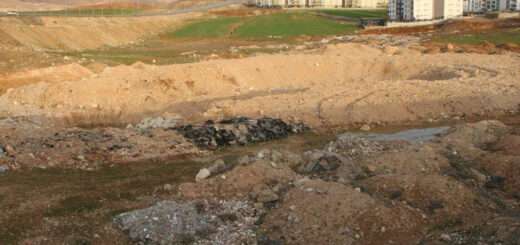CivilNet Counsel calls Avinyan verdict a “dangerous precedent” for press freedomI

By Gevorg Tosunyan
Civilnet
CivilNet will appeal a court ruling that sided with Yerevan Mayor Tigran Avinyan in a defamation case over an investigative report about his family’s business ties, said Attorney Karen Tonoyan, who has represented CivilNet in these proceedings, calling the decision a “dangerous precedent” for press freedom in Armenia.
On October 31, the Yerevan Civil Court ruled partly in favor of Avinyan, who had sued CivilNet over a 2024 investigation published in partnership with the Organized Crime and Corruption Reporting Project (OCCRP). The court found that certain wording in the report about the Avinyan family’s business amounted to defamation and ordered CivilNet to issue a retraction, but it rejected the mayor’s demand for monetary compensation of 3 million drams (about $7,500).
The joint CivilNet–OCCRP report, titled “Armenia’s Former Deputy PM Oversaw Project That Benefited His Family Company,” revealed that several beneficiaries of a government agricultural subsidy program had subcontracted work to Irrigate LLC, a firm owned by Avinyan’s father, while Avinyan served as deputy prime minister overseeing the program. OCCRP is a global network of investigative journalists operating in more than 50 countries that exposes corruption and misuse of power.
CivilNet’s legal representative, Karen Tonoyan, described the verdict as “weak and unfounded,” saying the judge included information that appeared nowhere in the article or case materials. He added that the court also dismissed official data from state institutions as “unreliable,” even though they formed the core of CivilNet’s reporting.
“The court’s logic effectively questions the use of verified information from public institutions,” Tonoyan said. “If this approach stands, it will paralyze investigative journalism and weaken public oversight of officials.”
Press freedom watchdog Reporters Without Borders (RSF) criticized the ruling, saying it “sets a troubling precedent for press freedom in Armenia” and “sends the wrong message to public officials who seek to intimidate investigative media.”
CivilNet said it stands by its reporting and will appeal to the Court of Appeals, arguing that the decision contradicts both Armenian law and European human rights standards on freedom of expression.
“This case is about more than one article,” Tonoyan said. “It’s about protecting journalists’ right to report on matters of public interest without fear of judicial retaliation.





